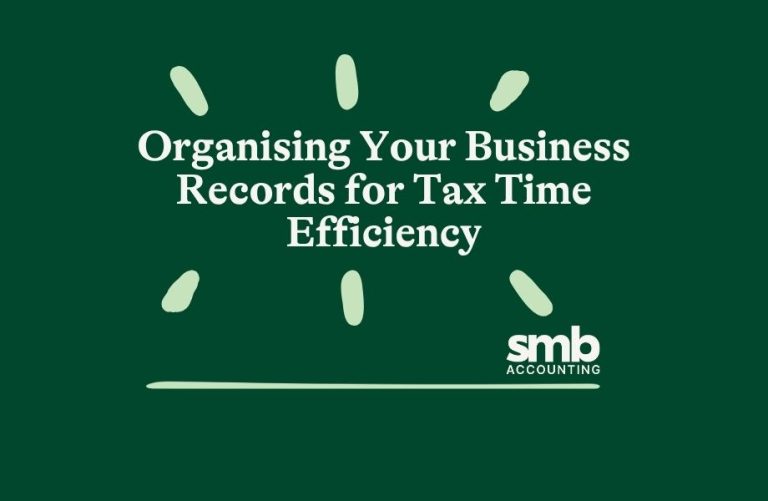If there’s one thing that can make or break your small business, that’s cash flow. When you have a solid cash flow plan, you can help reduce the stress for you and your creditors and have sufficient funds to help your business expand. This is why it’s important to have a cash flow forecast — but what does it really do?
A cash flow forecast tracks the money that comes in and out of your business within a minimum of six months. This way, you’ll be able to estimate business peaks and obstacles with regards to cash and ensure you can budget your money for upcoming payments. Besides that, it also triggers you to negotiate suppliers, manage demand and surplus, and purchase necessary assets.
For this reason, many business owners seek assistance from experienced accountant firms, like SMB Accounting. Here, we can help business owners strategise, manage bookkeeping, and take hold of all accounting-related tasks to ensure your business runs smoothly.
Is a Cash Flow and Budget the Same?
Budgets were designed to predict how a business will perform during a specific timeframe. This often includes non-cash items, like outstanding creditors and depreciation, and can even help with tax planning.
On the other hand, cash flow forecasts concentrate on the cash position during a period, but unlike the budget, these cash flows don’t feature non-cash items.
In summary, budgets will give you an overview of your profit position. In contrast, cash flow will give you your business’s cash position.
Cash Flow Forecast Tips You Should Know
1. Know Your Customer’s Payment Terms
Receiving payments can be tricky, especially when your customer refuses to pay or cannot pay the full amount. With that being said, it helps to provide other payment alternatives, such as “cash on delivery” or instalment payment, so you can gauge profit and avoid debt.
2. Send Out Invoices Right Away
Whenever you’re making a sale, you must send out the invoice immediately. Not only will this help with bookkeeping and accounting, but it will also keep you on track with your cash flow forecast.
Some businesses opt for the “end of the month” invoice process, but this can be quite tricky as it can cause some delays. When that happens, it’s either you may miss out on getting paid, which could ultimately disrupt your cash flow.
3. Offer Discounts for Up-Front and Full Payments
As mentioned earlier, some customers can have a tough time paying for your products and service. To help them out, consider offering a discount when they pay in full and up-front.
4. Have a Deposit System
If you’re dealing with large invoices, you can have a deposit system that will allow customers and clients to pay small up-front payments from time to time. This is particularly helpful since it helps fund wages for your staff and enables you to buy materials.
5. Don’t Overdo Excess Stocking
Though it’s always better to be safe than sorry, carrying excess stock can come at a cost. When you have stock sitting around in your storage room, you don’t get any cash in return. This is why it’s vital to have a good relationship with your supplier so you can have stocks delivered in a specific timeframe to avoid any wastage.
6. Work With an Accountant
One of the best moves you can do to ensure a solid cash flow forecast is to work with reputable accountants. This way, their experience can help you with your business’s financial needs, allowing you to create accurate forecasts that can help your business avoid financial challenges, such as skipping deadlines and going over budget.
The Bottom Line: Having a Cash Flow Forecast Can Do Wonders for Your Business
Financial matters are an integral part of running your business. This means ensuring your cash flow forecast is in check, you’re on track with your budget, and you’re practicing adequate bookkeeping and accounting duties. Ideally, you want the help of accountings to ensure that your finances are taken care of by the right hands.
How Can We Help You?
If you’re looking for an accountant in Caloundra to help you with your business’s finances, SMB Accounting is here to help.
We offer various accounting services, such as individual tax returns, small business accounting, SMSF audits, trust account audits, special financial statements, and more. Learn more about how our accountants can help your business today!




